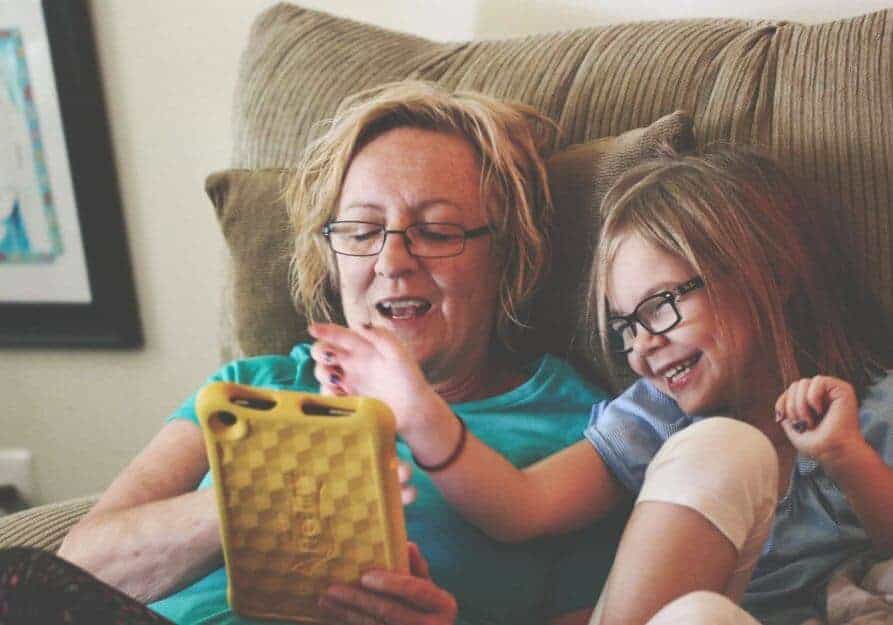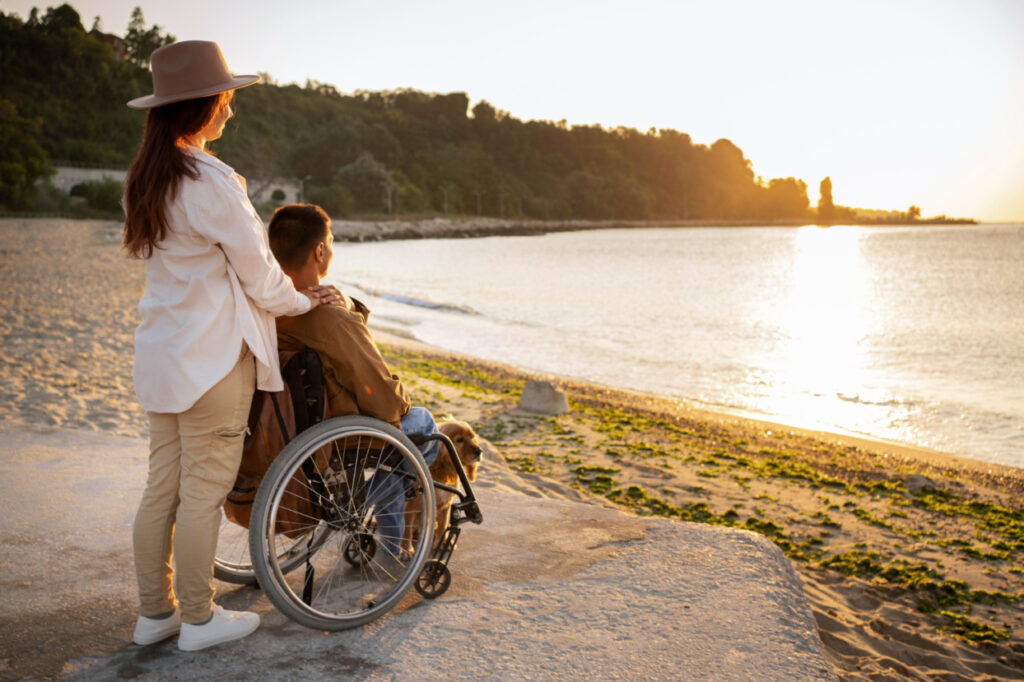Children may have a physical disability at birth or may develop one later. Disabilities can range from congenital conditions, like cerebral palsy, to genetic disorders, like muscular dystrophy, or may develop as a result of illness or injury. Whatever physical disability a child has, it’s important to know how you can serve the best home care nursing for them.
What to expect
With any disability, the key to knowing how best to help is understanding the effect the disability has on your child. You can learn more about your child’s disability by asking the doctor questions, conducting online research and observing how your child is restricted in day-to-day life.
Your research may help you understand:
- which treatment option is best suited to your child and where they will receive treatment
- whether your child will need medication and how it should be administered
- what your child should be eating and drinking
- whether your child will need to see specialist health professionals as part of their treatment
- how your child’s disability will change as they grow
- how lifestyle changes could reduce the disability’s effect on your child’s life
- what you need to do to prevent or handle a medical emergency
- how your home could be modified to help increase your child’s independence
- whether or not caring for them at home is the best option
This knowledge will ensure you can offer the best home care assistance possible for your child and allow you to create opportunities for them to live an active and full life.
Create a strong, capable support network
It’s important that both you and your child have a strong support network. Friends and family can help with child care for your child when you need it, but it’s important that they know how best to help. Discussing your child’s needs and sharing detail about how you care for your child will ensure each person in your support network is capable of helping where it’s needed.
Create a routine that works for you and your child
Caring for a child with a disability can be time-consuming and stressful, but a predictable routine can help you balance this with other priorities in your life. Routine can also be beneficial if your child has any challenging behaviours. A routine should be tailored to both yours and your child’s needs so that it helps reduce stress rather than increase it. Your routine could include things like:
- meals
- sleep
- personal care, like washing and dressing
- exercise
- classes and group activities
- education
- play
How can we help
At OSAN Ability Assist, we have plenty of resources to help you learn more about caring for your child. We can help you modify your home to make it more accessible to your child and we can help you find the right support services. Have a chat with our friendly specialists today to see how we can help.










